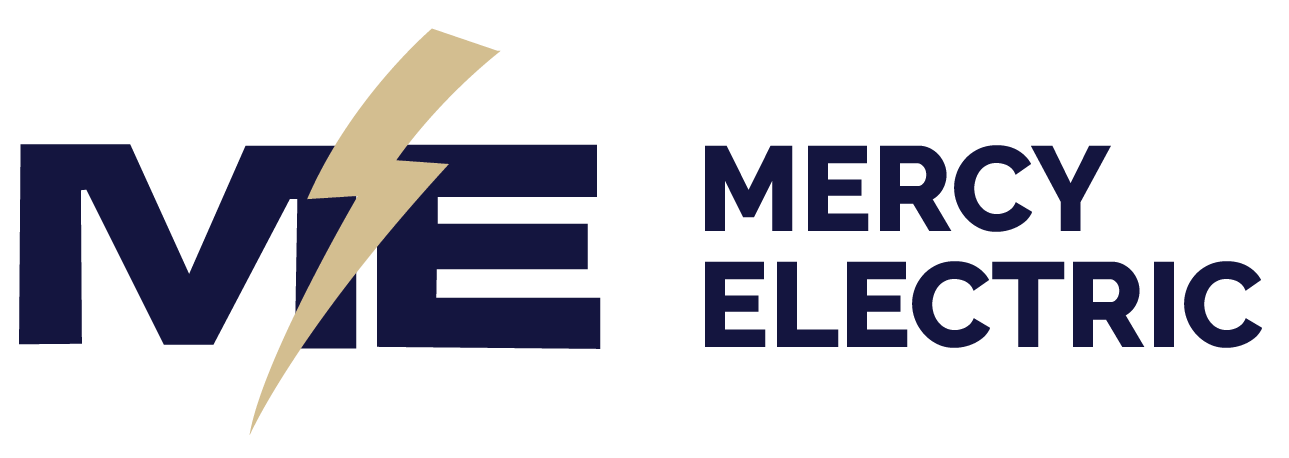Everything You Need to Know About Electrical Panel Replacement
Your home’s electrical panel, also called the breaker box or fuse box, is the central hub that connects your home to the main electrical supply and distributes power throughout the house. Over time, this panel can become outdated, overloaded, or damaged, potentially causing safety hazards or electrical issues. Knowing when an electrical panel replacement is required is critical to maintaining a reliable and efficient electrical system. This comprehensive guide provides homeowners with everything needed to understand electrical panel replacement.
What is an Electrical Panel and What Does it Do?
An electrical panel, typically located outside or in the basement, contains a set of circuit breakers or fuses that monitor and control power to specific circuits in the home. Each circuit powers certain rooms, outlets, or appliances. The panel acts as a safety mechanism, interrupting electrical flow when there is an overload or fault in the system. This prevents fires, equipment damage, and injuries. A functioning panel ensures electricity is distributed evenly and safely throughout the home.
Signs It’s Time For An Electrical Panel Upgrade
While panels can last 30 years or more, the following signs indicate it may be time for an upgrade:
Contact Us Today About Your Project
Contact NowFrequent tripping of breakers or blown fuses: This usually means the panel is overloaded and cannot handle your home’s electrical needs. An upgraded panel provides extra capacity.
Flickering lights: Voltage fluctuations from an outdated panel can cause lights to flicker, indicating problems distributing consistent electricity.
Rust or damage: Moisture, corrosion, and physical damage can compromise safety. A hazardous panel should be replaced immediately.
Old age: Once a panel hits 40-50 years, replacement provides improved safety, even if issues aren’t apparent, per This Old House.
Insufficient amperage: As you add appliances and tech, an underpowered panel leads to tripped breakers. Upgrading amps provides room to grow.
Electrical Panel Replacement Process
Replacing an electrical panel is complicated, dangerous work best left to licensed electricians. The process usually involves:
Text Us Now For A Quote
Get Your QuoteTurning off main power to the home at the meter or breaker box.
Removing old panel and disconnecting wires.
Installing and securing new panel.
Connecting circuit wires to new panel.
Ensuring proper functionality by testing voltages and breakers.
Applying labels and organizing breakers.
Pulling necessary permits and arranging for final inspection.
Safety is paramount when dealing with electrical systems. Homeowners should never attempt panel replacement themselves.
Choosing the Right New Electrical Panel
When selecting a replacement panel, consider:
Required amperage: Calculate your home’s needs factoring in expanded future use. 100, 150, and 200 amps are common, per HomeAdvisor.
Contact Us Today About Your Project
Contact NowMain breaker vs. main lug: Main breaker panels have a shutoff switch for the whole system. Main lugs require a separate shutoff.
**Number of circuits needed:**Each provides power to certain devices. Add extra circuits if needed.
Aluminum vs. copper wiring: Copper is ideal, but more expensive. Aluminum requires proper installation.
Electrical code compliance: New panels must meet the latest safety standards like GFCI and AFCI requirements.
Your electrician can recommend the right replacement panel for your home’s unique needs.
How Much Does Electrical Panel Replacement Cost?
According to HomeAdvisor, the average cost to replace an electrical panel ranges from $1,500-$3,500, depending on the home, existing infrastructure, and type of panel installed. Here are some cost factors:
Panel size: Larger amperage panels cost more. Upgrading to 200 amp could cost $2,500, for example.
Breakers needed: More breakers and circuits add expense.
New wiring/conduit: Rewiring to upgrade home systems costs more.
Permits/fees: Plan for permit costs and potential electric company fees.
Text Us Now For A Quote
Get Your QuoteElectrician rates: Prices vary based on experience, location, and Certified Master Electrician designation.
Panel’s location/accessibility: Difficult locations like crawlspaces may increase labor time/costs.
Frequently Asked Questions
Q: What is the average cost to replace an electrical panel?
A: The average cost to replace an electrical panel can range from $1,500 to $3,000, including materials and labor.
Q: Is it possible to save money by replacing the electrical panel on my own (DIY)?
A: It is not advisable to replace an electrical panel as a DIY project due to the complexity and safety hazards involved. It is best to hire a professional electrician for this task.
Q: How much does it cost to upgrade an electrical panel?
A: The cost to upgrade an electrical panel depends on various factors, but on average, it can range from $1,500 to $4,000, including installation and materials.
Q: What are the main factors that contribute to the cost of replacing an electrical panel?
A: The cost of replacing an electrical panel is influenced by factors such as the type of panel needed, the amperage, the complexity of the installation, and any additional electrical work required.
Q: What is the cost breakdown for replacing an electrical panel?
A: The cost breakdown for replacing an electrical panel includes the price of the panel itself, labor costs, any necessary permits, and additional materials and equipment needed for the installation.
Q: How much does it cost to install a new electrical panel?
A: The cost to install a new electrical panel can vary widely, but on average, it can range from $500 to $1,500 for the installation alone, not including the cost of the panel.
Q: When should I consider upgrading to a new electrical panel?
A: Upgrading to a new electrical panel is advisable if your current panel is more than 25 years old, if it frequently trips or experiences electrical issues, or if you are adding large electrical appliances to your home.
Q: Can I replace my electrical panel with a higher amperage panel?
A: Yes, it is possible to upgrade to a higher amperage panel, such as upgrading from a 100-amp panel to a 200-amp panel or even 400-amp panel, depending on the electrical needs of your home.
Q: Does replacing an electrical panel require any specific permits or approvals?
A: Yes, replacing an electrical panel typically requires obtaining permits and approvals from local electrical authorities to ensure the work complies with safety and building codes.


